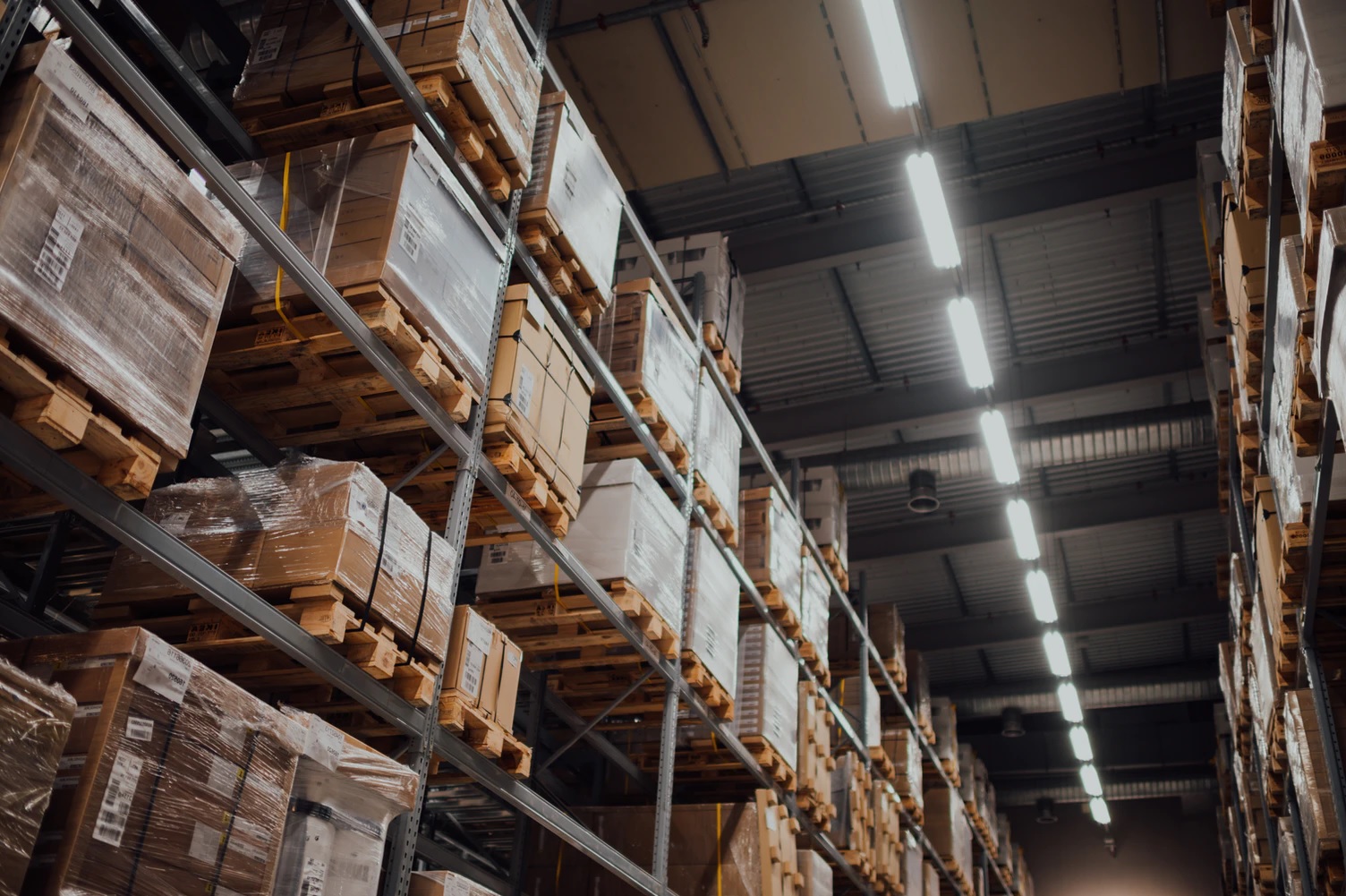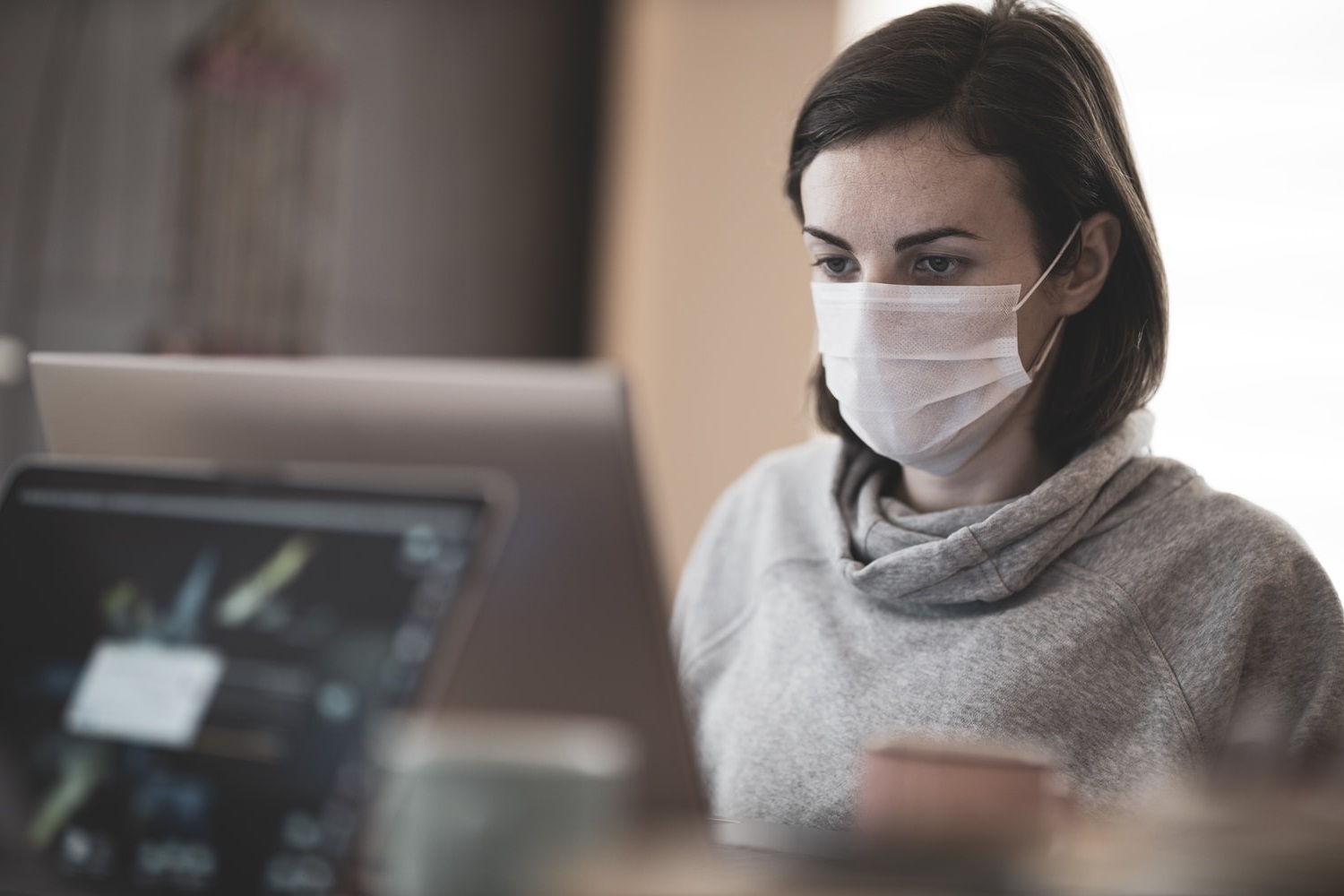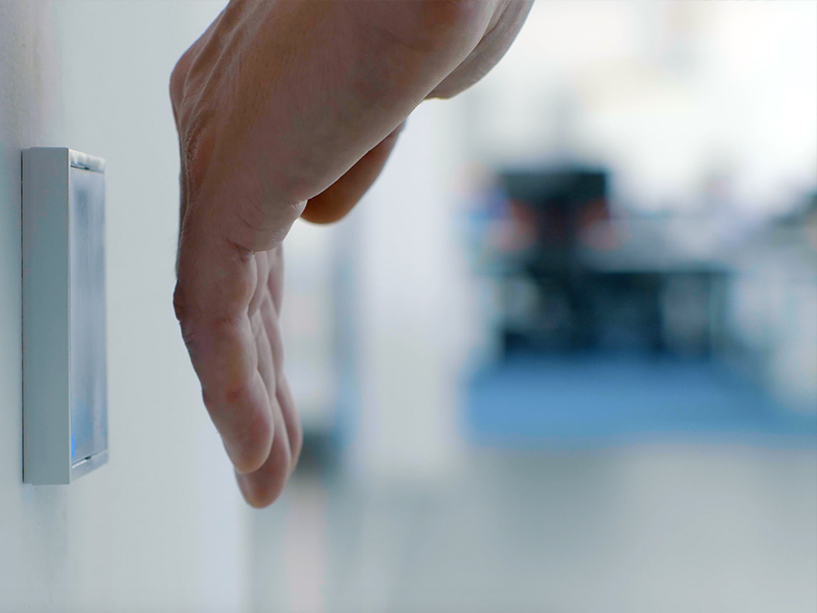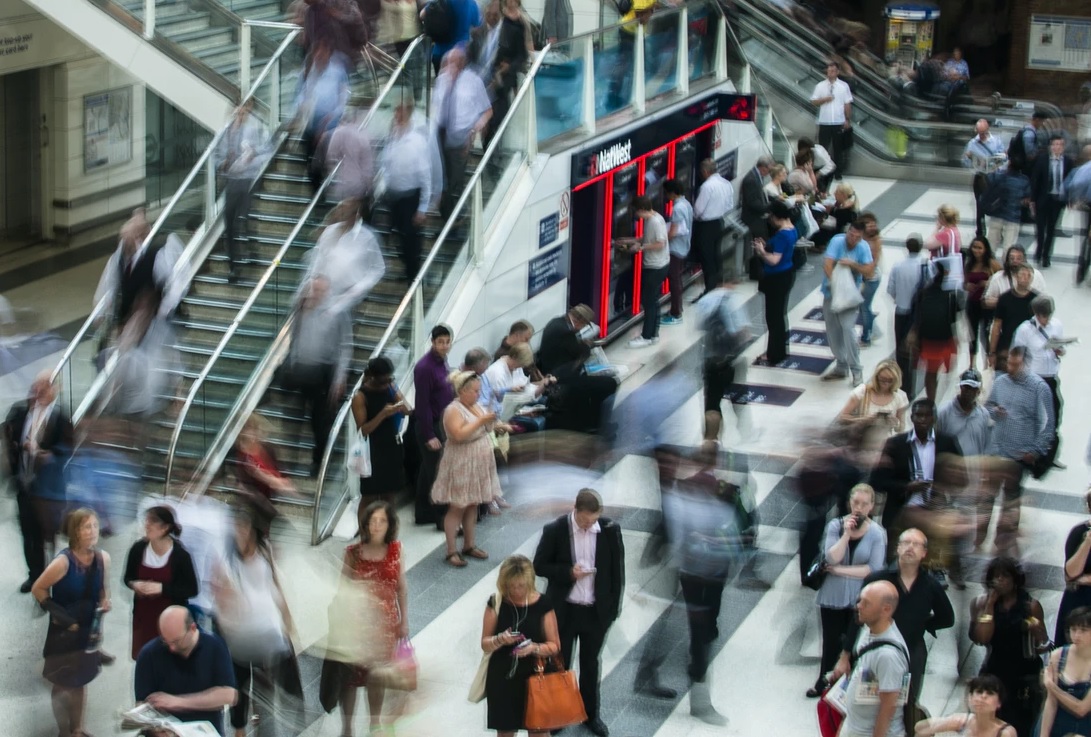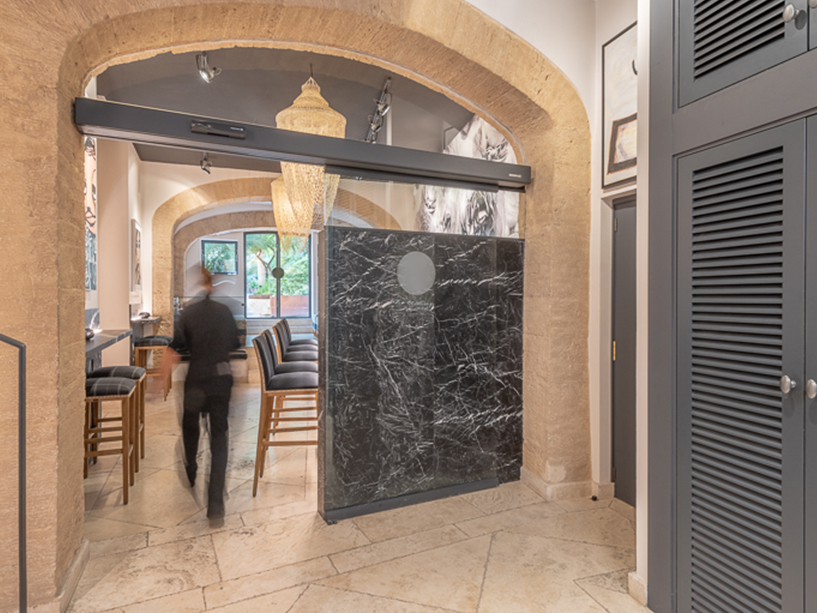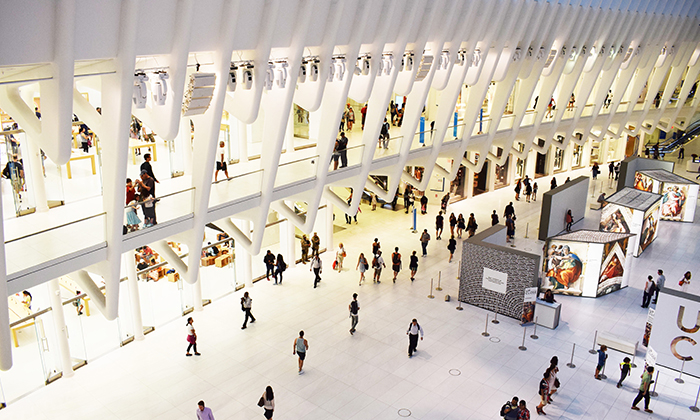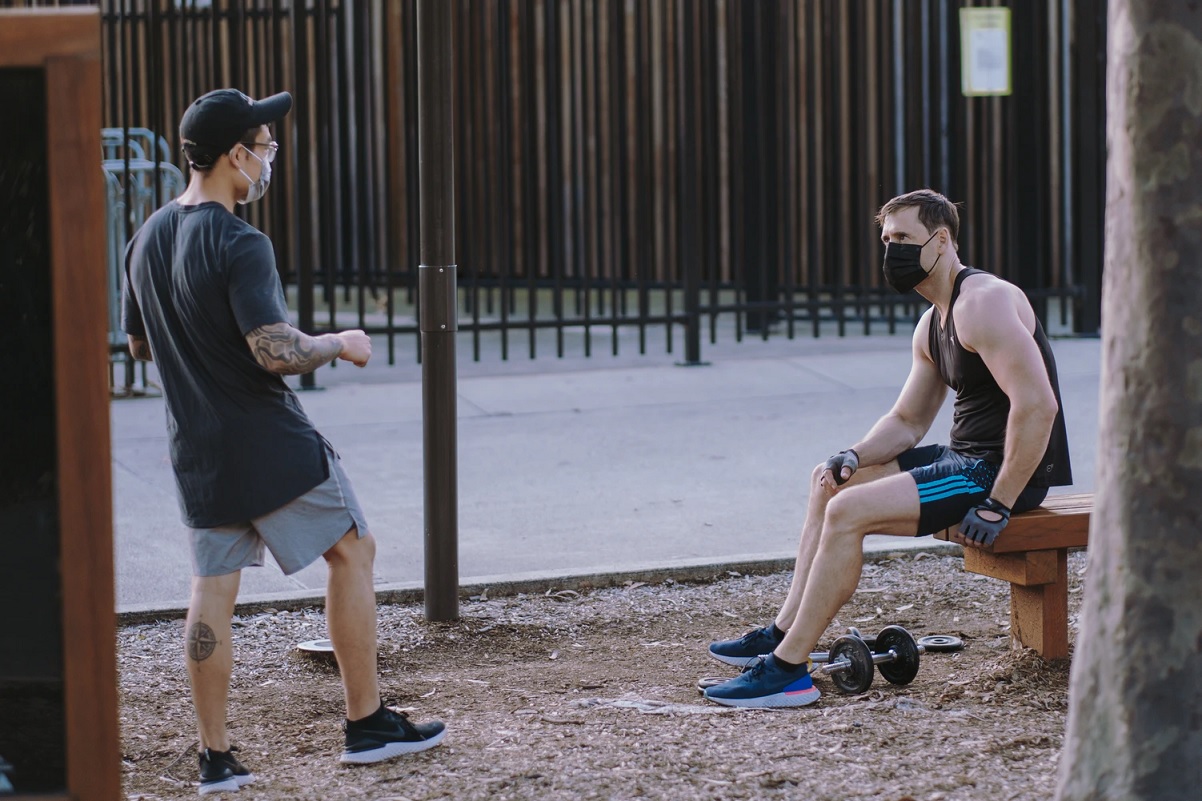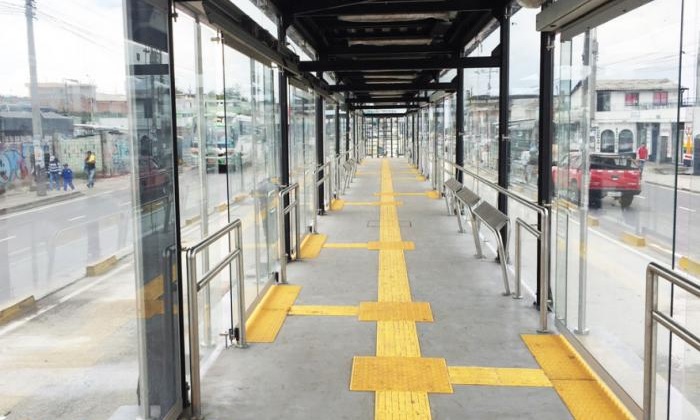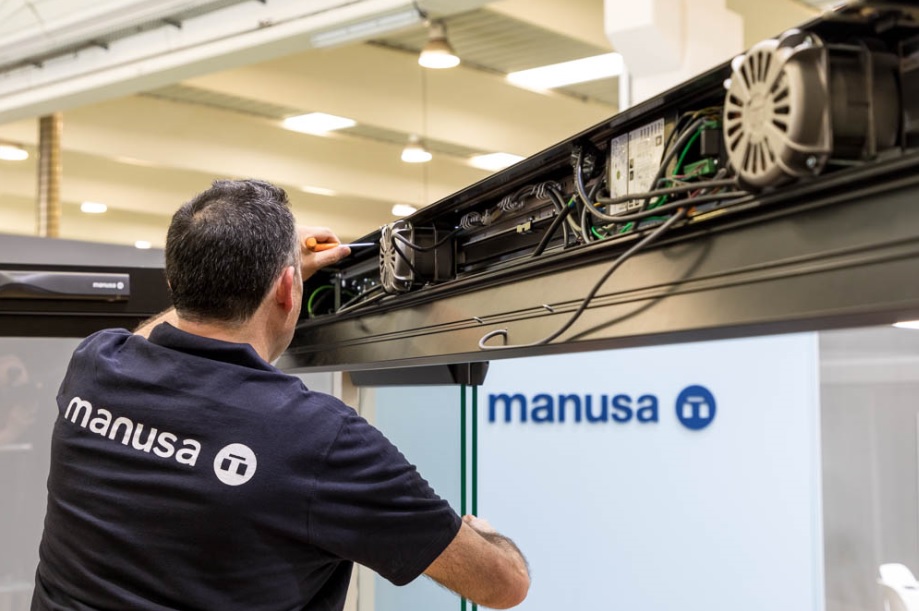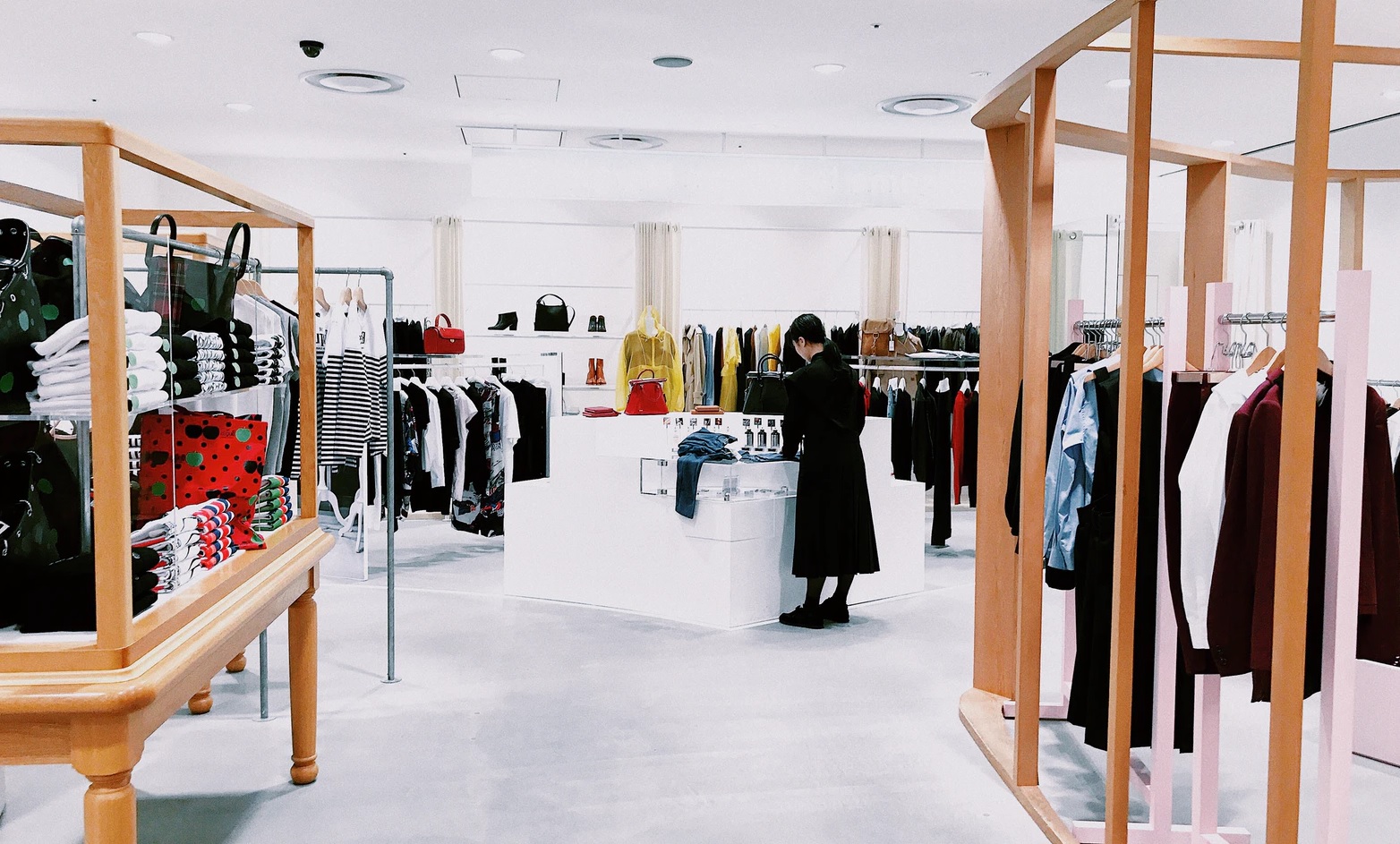Many companies worldwide have had to close down temporarily for several weeks or months due to the health crisis caused by the COVID-19 coronavirus pandemic. Unfortunately, other businesses have been unable to withstand the situation and have had to dismiss employees, apply furlough proceedings, or close their doors forever.
The companies that have reopened their factories, industrial units, offices and warehouses have increased all the necessary safety measures recommended by the health authorities to avoid new infections and spread of the virus.
Plastic or glass screens between employees and to divide areas, sanitiser gel dispensers on all corners and points where people gather or approved clothing such as masks, gloves or shields to protect the face now form part of the every-day lives of millions of workers all around the world.
Automatic doors to avoid the coronavirus in warehouses
Logistics warehouses and other functions have also applies these measures. Along with these, the installation of industrial automatic doors is recommended in these places. Every day, dozens of people go in and out of these types of building and it is vital for accesses not to have to be touched by human hands to open or close the entrances and exists.
Products such as the reinforced aluminium high-speed roll-up door, designed to ensure a superior air-tightness and to withstand air pressures, help units and warehouses automate their interior accesses.
Another good choice are the vertical PVC slat curtains, ideal for places with a great need for movement. This is the cheapest closing system and the one that requires least maintenance. Its simple installation and easy handling make it suitable for any area of the warehouse or industrial unit.
Along with this are the automatic sectional doors or the touchless switches, which will guarantee the access to your warehouse does not remain open for no reason, thus avoiding any type of airborne viral spread.
